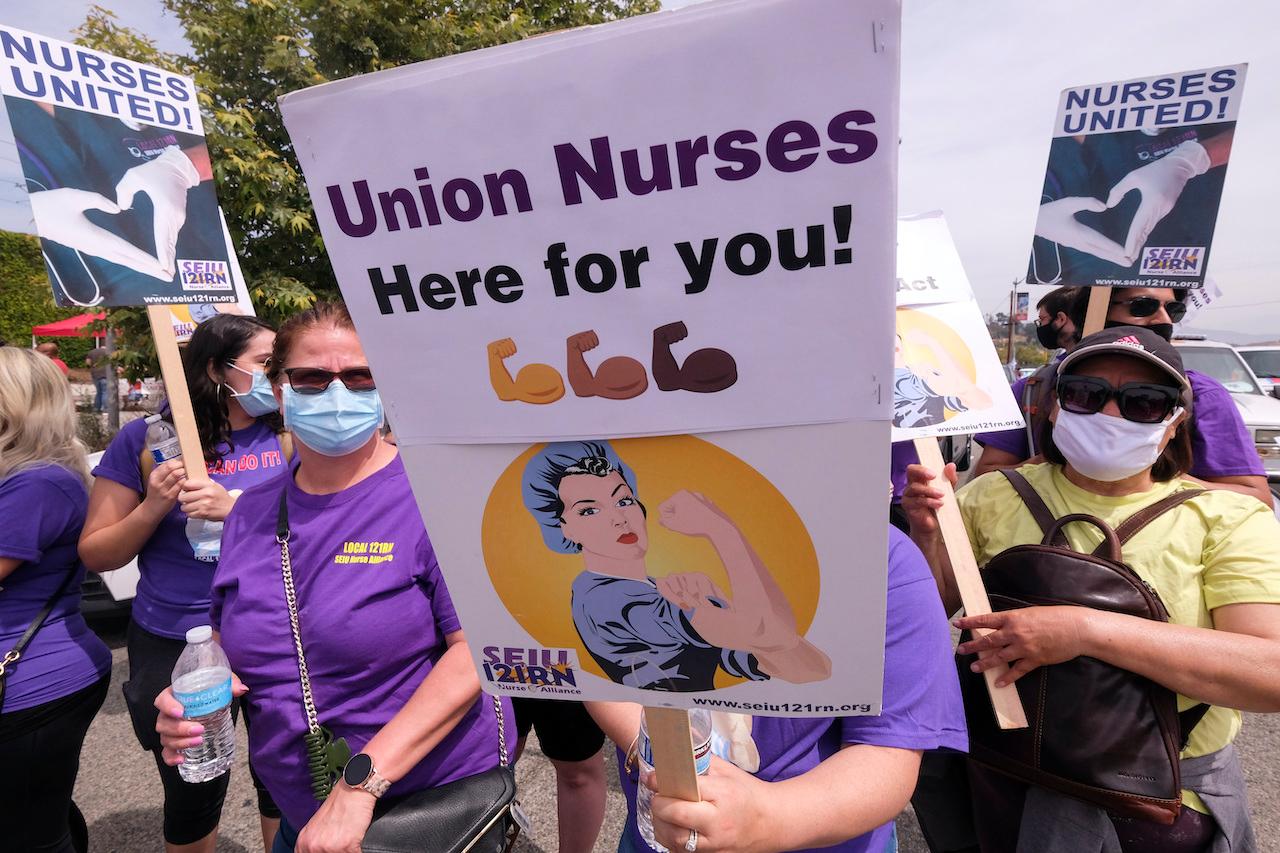UK signed current trade deals with countries abusing workers, report finds
More than a third of the non-EU countries given UK trade deals are ‘systematically abusing or denying workers’ rights’
Five of the 10 countries rated as the “worst in the world for workers” have been given trade deals by the UK government in the past two years, according to a global rights report.
Of the 67 countries outside the EU with which the UK formed deals in 2019, 14 have been ranked as having a “systematic violation of worker’s rights” and 11 have “no guarantee of workers’ rights”.
The findings came from the annual Global Rights Index, published by the International Trade Union Confederation (ITUC), which tracks the abuse of workers’ rights around the world, covering everything from restrictions on strikes to the killing of union organisers.
According to the report, a further 14 countries with alarming workers’ rights records are currently in trade negotiations with the UK, including Brazil, which is listed in the lowest 10 for global rights.
“In total, more than a third of the non-EU countries with whom the UK has negotiated post-Brexit trade deals since 2019 are systematically abusing or denying workers’ rights, as are 14 of the 24 countries with whom the government is currently in active negotiations over new trade deals,” the ITUC said.
The report also highlights specific violations made by UK trading partners.
In Colombia, 22 trade unionists were murdered in the past year, while 13 nurses were arrested in Zimbabwe for requesting PPE as they battled coronavirus, according to the index.
It also found that restrictions on the right to strike, the right to unionise, and the right to free speech and assembly are at an eight-year high around the world.
Shadow International trade secretary Emily Thornberry said the report showed that the government had missed a “golden opportunity” to stand up for workplace rights and had instead proved it “couldn’t care less”.
“When these trade negotiations began in the run up to Brexit, the government had a moral obligation to make clear to other countries around the world that if they wanted preferential trade deals with the UK, they had to uphold the rights of their workers,” she said.
“We needed to do that not just to show solidarity with working people overseas, but to protect businesses and workers in Britain from a global race to the bottom, where unscrupulous governments and corporations routinely cut production costs on the backs of their employees.
“Instead of taking that stand, the government has done the opposite, handing out trade deals to dozens of governments with the worst track records in the world for abusing and exploiting their workers, and actively launching negotiations with several more.”
ITUC general secretary Sharan Burrow said the report exposed a “shameful roll call of governments and companies that have pursued an anti-union agenda in the face of workers who have stood on the front line providing essential work to keep economies and communities functioning. When Covid-19 hit, we learned who the heroes are.”
She said, “Workers everywhere cared for the sick, put food on our tables and kept the economy moving. But despite all that, workers are under attack like never before. Governments and employers exploited the pandemic to exploit the people the world depends on by increasing surveillance, breaking agreements, laying off workers, blocking and intimidating unions and resorting to violence and murder.”
A spokesman for the Department of International Trade said: “It is completely untrue to say this government does not stand up for workers’ rights. The government has made it clear that increased global trade will not come at the expense of labour standards, and we will continue to stand up for workers’ rights worldwide.”
Subscribe to our newsletter
To be updated with all the latest news and analyses daily.
